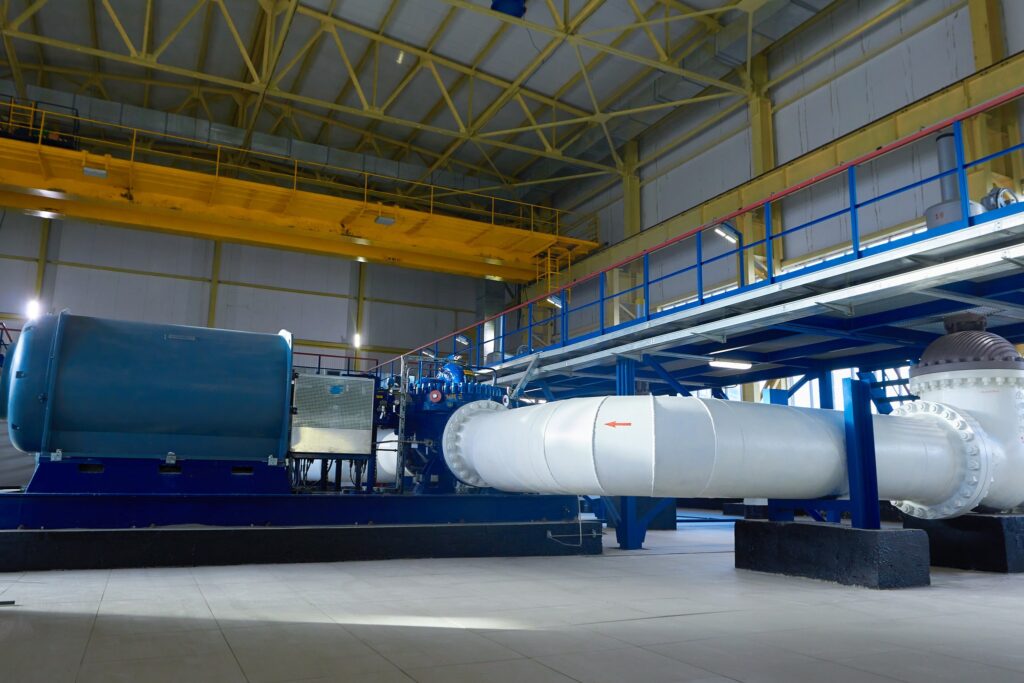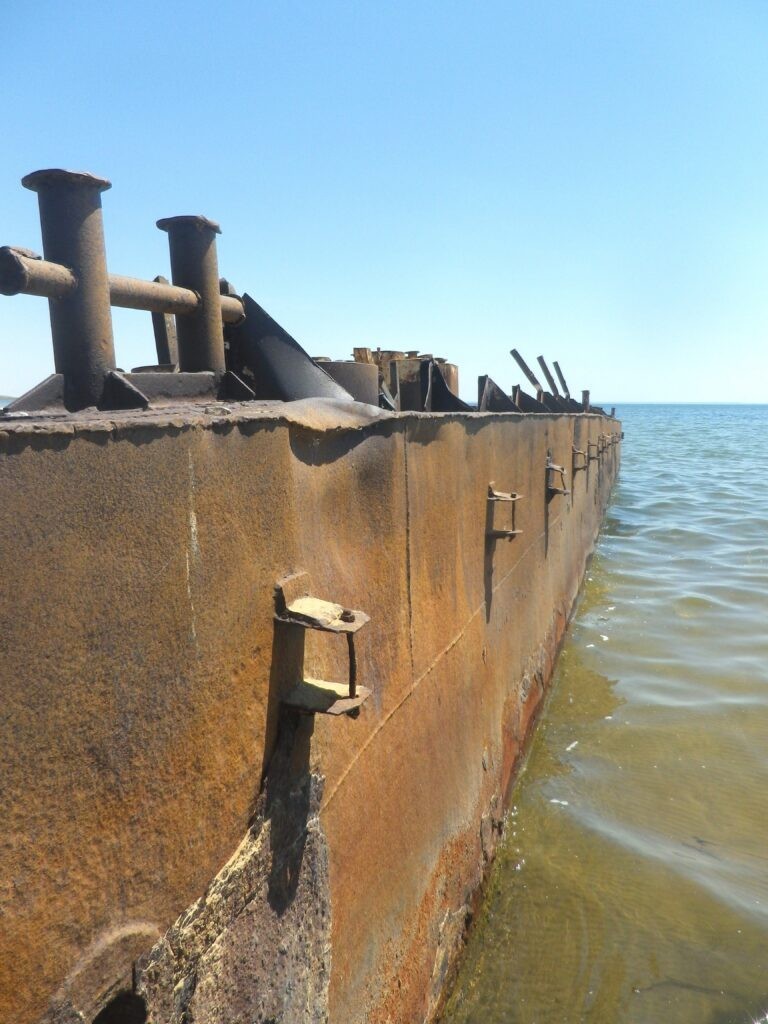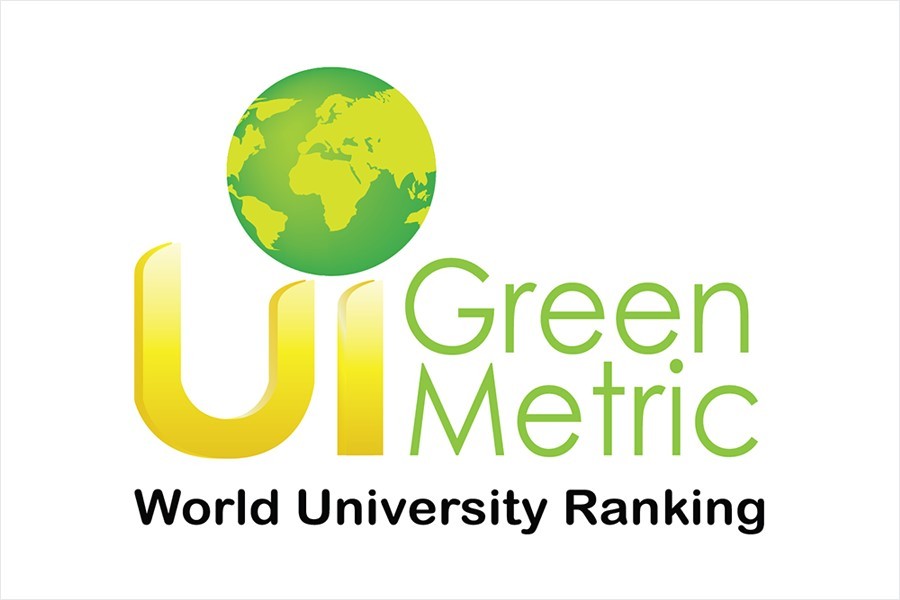Viewing results 769 - 774 of 285
The Eurasian Development Bank (EDB) has published its macroeconomic outlook for the Bank’s six member states — Armenia, Belarus, Kazakhstan, Kyrgyzstan, Russia, and Tajikistan. Bank analysts anticipate that GDP across the region’s countries will be close to a balanced growth path. Projections indicate a GDP growth in 2024 of 5.7% in Armenia, 2% in Belarus, 5% in Kazakhstan, 4.5% in Kyrgyzstan, 1.5% in Russia, and 7.3% in Tajikistan. According to EDB analysts, following Kazakhstan’s economic growth of 4.8% in 2023, an acceleration in GDP growth is anticipated for 2024, further bolstered by high investment activity. The expected decrease in interest rates is poised to provide an additional impetus. In the medium term, structural transformations are set to improve the quality of economic growth by expanding opportunities in manufacturing and service industries. Economic diversification creates prerequisites for an anticipated acceleration in 2025 and 2026, positioning Kazakhstan as a leader among Eurasian Economic Union member states in terms of growth rates. Strong domestic demand supported high economic activity in Kyrgyzstan and Tajikistan in 2023. EDB analysts project a slight deceleration in these countries in 2024, albeit with GDP growth rates still noticeably higher than the global average.
On December 13th, Kazakhstan unveiled the modernized main water pipeline, Astrakhan-Mangyshlak, in its western Atyrau Region. The significant expansion of this facility was a result of comprehensive reconstruction, directed by President Tokayev's under the supervision of Kazakhstan's Prime Minister, Alikhan Smailov. The upgraded Astrakhan-Mangyshlak pipeline will provide an additional 60,000 cubic meters of water to the population, enterprises, and agriculture of Atyrau and Mangystau regions. The project includes the renewal of worn-out equipment and the replacement of two sections of the main pipeline, totaling about 177 km in length. As a result, the throughput capacity of the Astrakhan-Mangyshlak water pipeline increased from 110,000 to 170,000 cubic meters per day. "The reconstruction of the water pipeline was completed a year ahead of schedule due to accurate design solutions and rapid construction rates. This marks just one of many large-scale projects planned for the region," Smailov said. Additionally, a desalination plant capable of producing 50,000 cubic meters of water per day is currently under construction in the village of Kenderli. From this plant, a 105 km long main water pipeline will be built to Zhanaozen. Smailov further stated, "Our goal is not only to provide 100% of settlements with clean drinking water by 2026, but also to create a reliable framework for further sustainable water supply to the population and industries10. For this purpose, projects are being implemented to build new and modernize existing hydraulic structures and water conduits. Branching networks are being brought to settlements, and pumping modules from underground sources are being installed in remote villages. We have a lot of work ahead of us."
EDB and Kazakhstan Join Efforts for Water Investment The Eurasian Development Bank (EDB) has signed a memorandum of cooperation with Kazakhstan’s Ministry of Water Resources and Irrigation (MWRI). Ruslan Dalenov, Vice Chairman of the EDB Management Board, and Bekniyaz Bolat, MWRI First Deputy Minister, formalized this partnership during a ceremony in Astana on December 13th. The memorandum aims to establish long-term, mutually beneficial collaboration focused on mobilizing investment and grants for joint water and irrigation projects. “We are committed to jointly developing sustainable infrastructure solutions that will support important water-related projects and contribute to overall economic growth,” said Dalenov. The parties intend to actively cooperate in financing investment projects and exchange expertise through participation in workshops, conferences, and other events. The EDB is currently implementing the Central Asian Water and Energy Complex mega-project based on research and projections on the most effective ways to comprehensively develop the sector. Bank analysts have conducted studies such as Investment in the Water and Energy Complex of Central Asia, Regulation of the Water and Energy Complex of Central Asia, and Efficient Irrigation and Water Conservation in Central Asia. The latter outlines ten practical steps for preserving irrigated land potential and promoting water conservation, including four recommendations for adoption at a regional level and six at a national level. These measures are designed to conserve enough water annually to support sustainable development. The EDB has also identified projects to cater to the region’s electricity and water needs. The Bank is financing the construction of the 100 MW Kulanak HPP in the Kyrgyz Republic. Additionally, the Bank is evaluating several projects aimed at enhancing the region’s water and energy infrastructure.
EBRD Launches Youth in Business Program in Central Asia The European Bank for Reconstruction and Development (EBRD) on December 12th said it is addressing the issue of youth entrepreneurship and employment in Central Asia by launching a seven-year €200 million (U$ 218 million) Youth in Business program designed to provide better access to finance and relevant training to young entrepreneurs in the region, where up to one third of the population is aged between 18 and 34 years. The Youth in Business program in Central Asia (YiB CA) will target micro, small and medium-sized enterprises (MSMEs) led or owned by individuals under the age of 35. It will consist of up to €200 million for on-lending to up to 20 partner financial institutions in Central Asia and Mongolia; targeted non-financial services for eligible small businesses will be provided by the Bank’s Advice for Small Businesses program to help develop their entrepreneurial skills through training, advisory services, and networking opportunities. The EBRD’s investment will be complemented by a package of up to €30 million in grants and concessional co-financing to stimulate inclusive lending and youth entrepreneurship. It is expected that the first agreements under the YiB CA will include: a loan of up to U$ 10 million to Uzbekistan’s largest private bank, Hamkorbank, a loan of up to U$ 8 million to Shinhan Bank Kazakhstan, a loan of up to U$ 4 million to Mongolia’s leading micro-lender, Transcapital, and a loan of up to U$ 2 million to Kazakhstan-based micro-financial organization, Arnur Credit. A market assessment conducted by the EBRD in the region revealed that while many young people across Central Asia have a strong entrepreneurial mindset, very few have access to equal economic opportunities. Only around 10% have access to the necessary training and professional expertise. In Central Asia, MSMEs account for almost half of total employment, and contribute almost 40% of regional GDP. Grant support and concessional finance to the program is provided by the Government of Kazakhstan, the Small Business Impact Fund, and the European Union.
Issues of modernizing water infrastructure and improving the water resources management system were discussed at a meeting of the Water Council of Kazakhstan chaired by Prime Minister, Alikhan Smailov, A post on the PM’s official website states. Minister of Water Resources and Irrigation, Nurzhan Nurzhigitov reported that Kazakhstan has 102.3 km3 of water, 54% of which is formed within the country, and the remaining 46% coming from neighboring countries. The annual consumption by economic sectors is about 25 km3 of water, of which 65% is used for agriculture, and 25% for industrial needs. To ensure the country's water security and solve the problem of shortages, a draft Comprehensive Plan for the Development of Water Resources for 2024-2030 has been developed. It provides for a number of urgent measures for the construction and reconstruction of reservoirs, and the reconstruction of hydraulic structures and irrigation systems. Implementation of the plan will increase available water resources by 3.7 cubic kilometers, and the area of irrigated land to 2.2 million hectares, as well as reduce annual losses of irrigation water by 3 cubic kilometers. In 2024-2026, it is planned to begin construction of 20 new reservoirs with a volume of 2.4 cubic kilometers in nine regions. This will increase the area of irrigated land by 250,000 hectares and reduce Kazakhstan’s dependence on neighboring countries for its water supply by an average of 25%. “We must annually introduce water-saving technologies on 150,000 hectares of irrigated lands. Now, implementation is carried out on 40-50,000 hectares per year. At the same time, in the southern regions where there is the greatest water shortage, the volume of implementation is the smallest,” said Smailov.
Eight higher education institutions in Turkmenistan were included in the UI Green-Metric World University Rankings, published in 2023. These rankings measure the desire of universities to improve their environmental infrastructure and their contribution to sustainable development in the field of environmental protection, The Golden Age reported. Universities are evaluated according to six indicators: University infrastructure and its impact on the environment Indicators of energy consumption and savings Waste recycling Environmental education and research Rational use of water resources Transport policy The Engineering and Technological University of Turkmenistan, Oguzkhan was named the leader among Turkmen universities, taking 432nd place, scoring a total of 6,660 points and demonstrating good results in all assessment criteria. In second place was the S.A. Niyazov Turkmen Agricultural University, which came 456th. This year, five universities in Turkmenistan were included in the UI Green-Metric rankings for the first time: S.A. Niyazov Turkmen Agricultural University Y. Kakaev International University of Oil and Gas State Energy Institute of Turkmenistan Turkmen Agricultural Institute Turkmen State Institute of Finance Every year, universities provide relevant data to participate in the ranking, which is researched and analyzed by independent international experts, specialists, and scientists. The UI Green-Metric rankings have been compiled by the University of Indonesia since 2010. This year, 1,183 universities from 85 countries were included.








